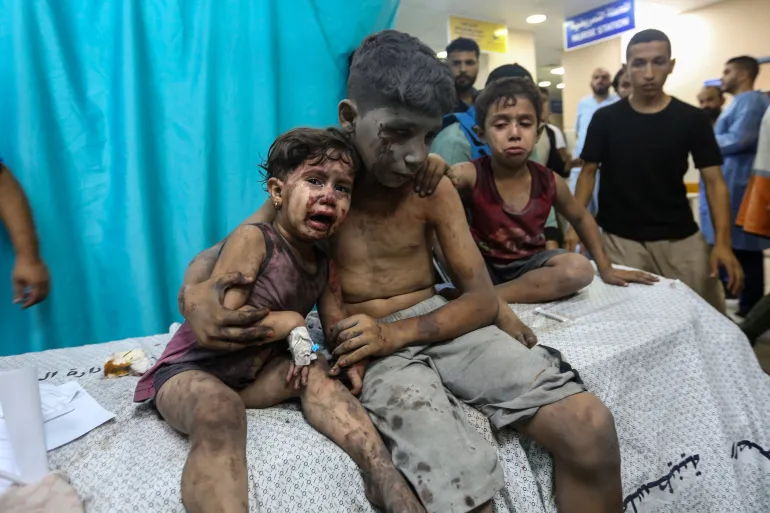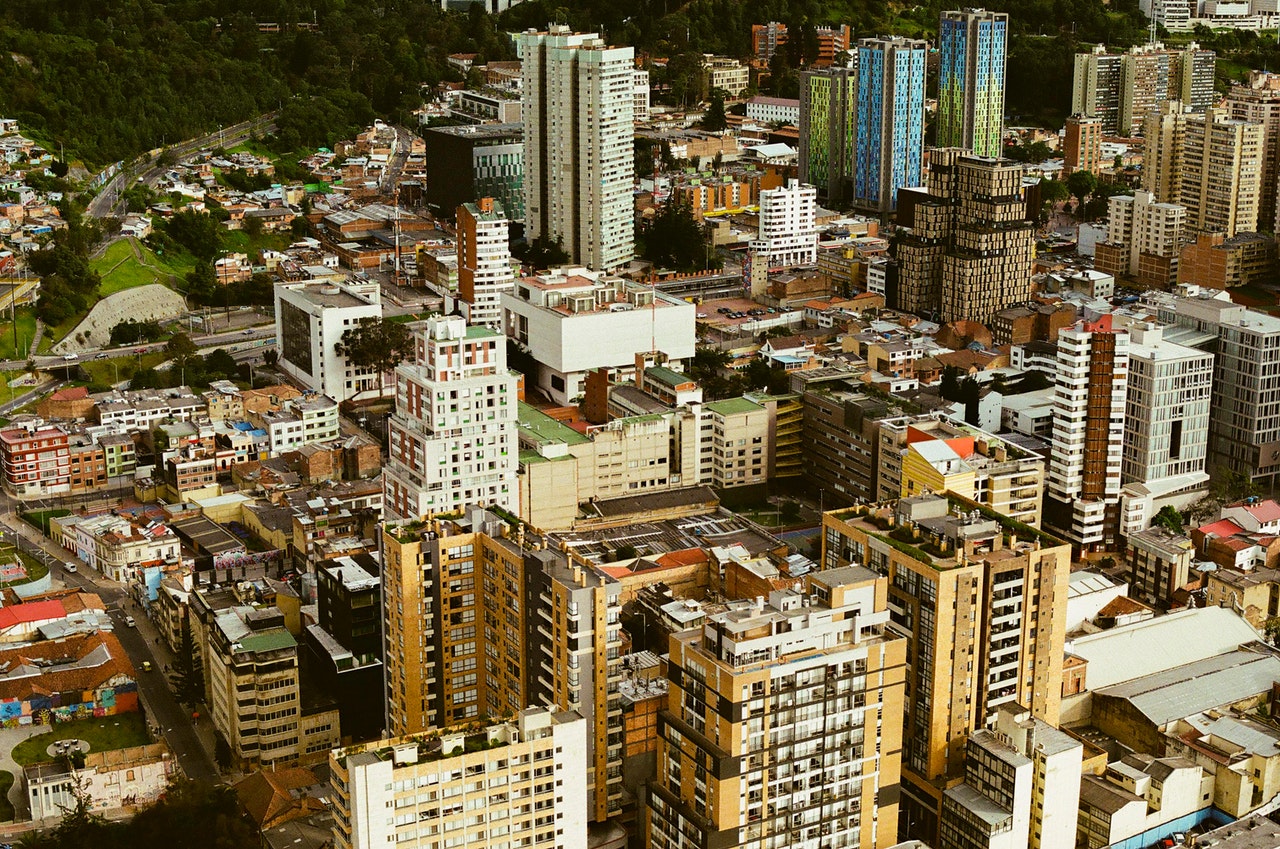In the Gaza Strip, medics have coined the acronym WCNSF, which stands for “wounded child, no surviving family,” to identify a specific and tragically common type of war victim. Dr. Tanya Haj-Hassan from Doctors Without Borders mentioned its frequent use, underlining the harrowing reality faced by many Gazan children.

The expression encapsulates the immediate and devastating impact on their lives, as parents, siblings, and grandparents are killed, irrevocably altering their existence.
In a heartbreaking parallel to Ahmed’s story, Muna Alwan is another child orphaned by war and classified as WCNSF upon arrival at the Indonesian Hospital.
The two-year-old continuously utters “Mama,” grieving for her deceased mother. Muna was rescued from the debris following an airstrike on a neighbor’s house in the Jabal al-Rais area of northern Gaza, which claimed the lives of her parents, brother, and grandfather. Suffering from a severely injured eye and a fractured jaw, Muna was later moved to another hospital, where her aunt Hanaa located her.
“We found out through the internet that Muna was at Nasser Hospital. We came, and we identified her,” Hanaa recounts. However, her niece is enduring profound distress.
“She just wants to scream, always fearful, especially if someone approaches her,” Hanaa adds.
While Muna has older sisters alive in Gaza City, logistical challenges prevent their reunion with her in the south. Hanaa reflects on the difficult situation, continually pondering how to fill the void left by Muna’s mother.
“I lost my leg and my family” – 11-year-old Dunya Abu Mehsen reflects from a metal bed in a corner of Nasser Hospital in Khan Yunis, southern Gaza. Her right leg, now wrapped in white bandages, is a painful reminder of survival after an airstrike on her home in the al-Amal neighborhood. Despite surviving with her brother Yusuf and younger sister, Dunya’s parents and another sibling perished, and she lost her right leg.
Dunya, seated at the edge of the bed in a red velvet dress, appears silent and profoundly saddened. Recounting the chaotic aftermath at the hospital, she describes the terror of seeing her injured father and hearing her sister scream. Realizing her lost leg, she recalls, “I felt pain, and my only thought was: ‘How did I lose my leg?'”
Her aunt, Fadwa Abu Mehsen, explains that Dunya arrived at the hospital alone, with medical staff tirelessly trying to identify her family. Dunya heard a nurse uttering, “may God have mercy on them,” referring to her parents.
Beside her in the hospital room, Fadwa notes how Dunya, once playful and strong, has changed since the injury. Despite the profound loss, Dunya still dreams of a future with a prosthetic leg, travel, becoming a doctor, and most fervently, an end to the war for the children to live in peace.
The UN children’s fund, Unicef, faces challenges in determining the exact number of orphaned children in Gaza due to the intense hostilities and evolving conditions. Ricardo Pires, Unicef’s communication manager, acknowledges slow progress in identifying and registering children, citing chaotic and overcrowded conditions in shelters and hospitals, and a barely functional system for identifying, documenting, tracing, and reuniting children with relatives.




